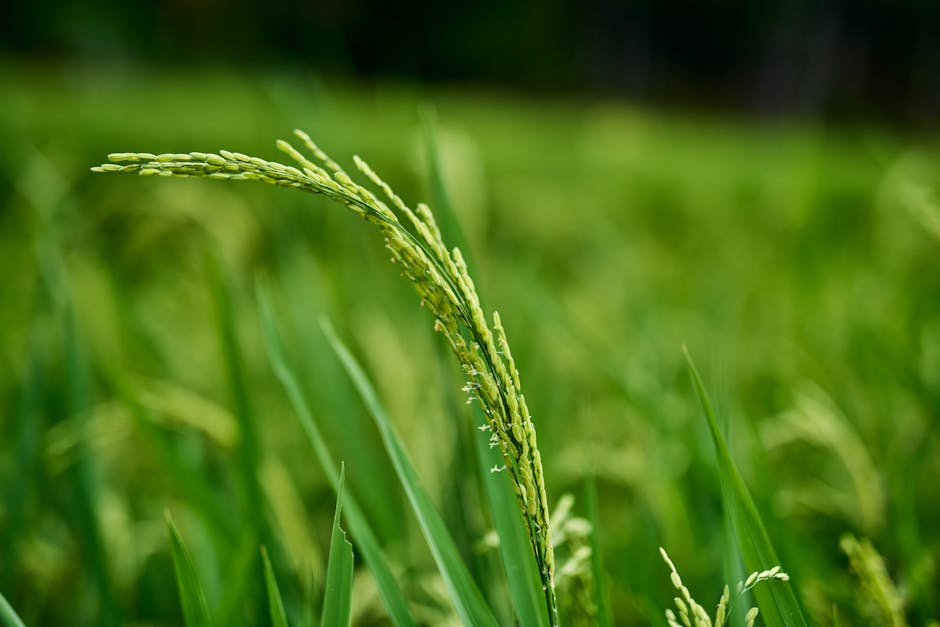The world faces a pressing challenge: feeding a growing population while preserving the planet’s finite resources. Traditional agricultural methods, often intensive and resource-dependent, are unsustainable in the long term. A critical shift towards sustainable farming practices is essential, but the question remains: how can these practices be globally adapted? A multifaceted approach, encompassing technological advancements, policy frameworks, and community engagement, is crucial.
A fundamental aspect of global adaptation involves recognizing the diverse agricultural landscapes worldwide. Temperate regions, characterized by distinct seasons and varying rainfall, require tailored approaches compared to tropical or arid environments. A one-size-fits-all strategy will inevitably fail. Strategies must be sensitive to local conditions, incorporating indigenous knowledge and practices that have proven effective within specific ecosystems. For instance, agroforestry techniques, where trees are integrated into farming systems, can be highly effective in tropical areas, promoting biodiversity and soil health. Conversely, precision agriculture, using technology like GPS and sensors, can optimize resource use in temperate zones, minimizing environmental impact while maximizing yields.
Crucial to successful adaptation is a thorough understanding of the interplay between agriculture and environmental factors. Soil health, water management, and biodiversity are interlinked and pivotal. Strategies must prioritize soil conservation techniques, such as no-till farming and crop rotation, to prevent erosion and maintain soil fertility. Water conservation is paramount, particularly in water-stressed regions. Strategies might include drip irrigation, rainwater harvesting, and efficient water-use technologies in irrigation. Simultaneously, promoting biodiversity, such as incorporating diverse crop rotations and planting cover crops, enhances resilience against pests and diseases, while improving overall ecosystem health. Furthermore, minimizing the use of synthetic fertilizers and pesticides is key. Organic farming methods and integrated pest management strategies can contribute substantially.
Economic viability is a significant consideration. Smallholder farmers, often the backbone of local food production in many regions, require support in transitioning to sustainable practices. Financial incentives, such as subsidies for sustainable inputs and training programs, can provide a much-needed impetus for change. Promoting market access for sustainably produced food, through certifications and transparent labeling, can provide economic advantages to farmers adopting these practices. Supporting local processing and value-adding initiatives empowers farmers while reducing transportation costs and environmental impacts.
Policy frameworks play a pivotal role in driving widespread adoption. Governments can implement policies that incentivize sustainable practices, such as subsidies for sustainable technologies and environmental taxes on unsustainable inputs. Effective regulations can set standards for sustainable farming, promoting transparency and accountability. Strengthening agricultural research institutions to develop and disseminate knowledge is crucial. International collaborations and knowledge sharing among countries are essential to disseminate best practices and facilitate capacity building.
Technological advancements provide an arsenal of tools to enhance sustainable farming. Precision agriculture technologies, as mentioned earlier, can optimize resource use, leading to increased yields and reduced environmental impact. Digital platforms and mobile applications can provide farmers with real-time data and insights on weather patterns, soil conditions, and pest infestations, enabling informed decision-making. Further, advances in genetic engineering, though facing ethical concerns, can play a role in developing crops with enhanced resilience to drought, pests, and diseases. These advancements should be ethically evaluated and implemented cautiously.
Furthermore, successful adaptation hinges on engagement with local communities and empowering them. Farmers hold valuable traditional knowledge and insights into their local environments. Incorporating this knowledge into modern farming practices is a vital step. Community-based training programs, tailored to specific needs and contexts, can impart practical skills and knowledge. Building trust and transparency between farmers, researchers, and policymakers is critical to successful implementation.
In conclusion, adapting sustainable farming practices globally is a multifaceted challenge demanding a comprehensive approach. Strategies must consider local conditions, prioritize environmental health, ensure economic viability, and employ the tools of advanced technology. Simultaneously, empowering local communities through education and support is essential. Effective policies and collaborations among stakeholders are indispensable. This is not merely about adopting new techniques; it’s about fostering a paradigm shift in how we produce food, one that respects the planet’s resources and ensures a secure food supply for future generations. A global commitment to this vision is imperative for a sustainable future.
